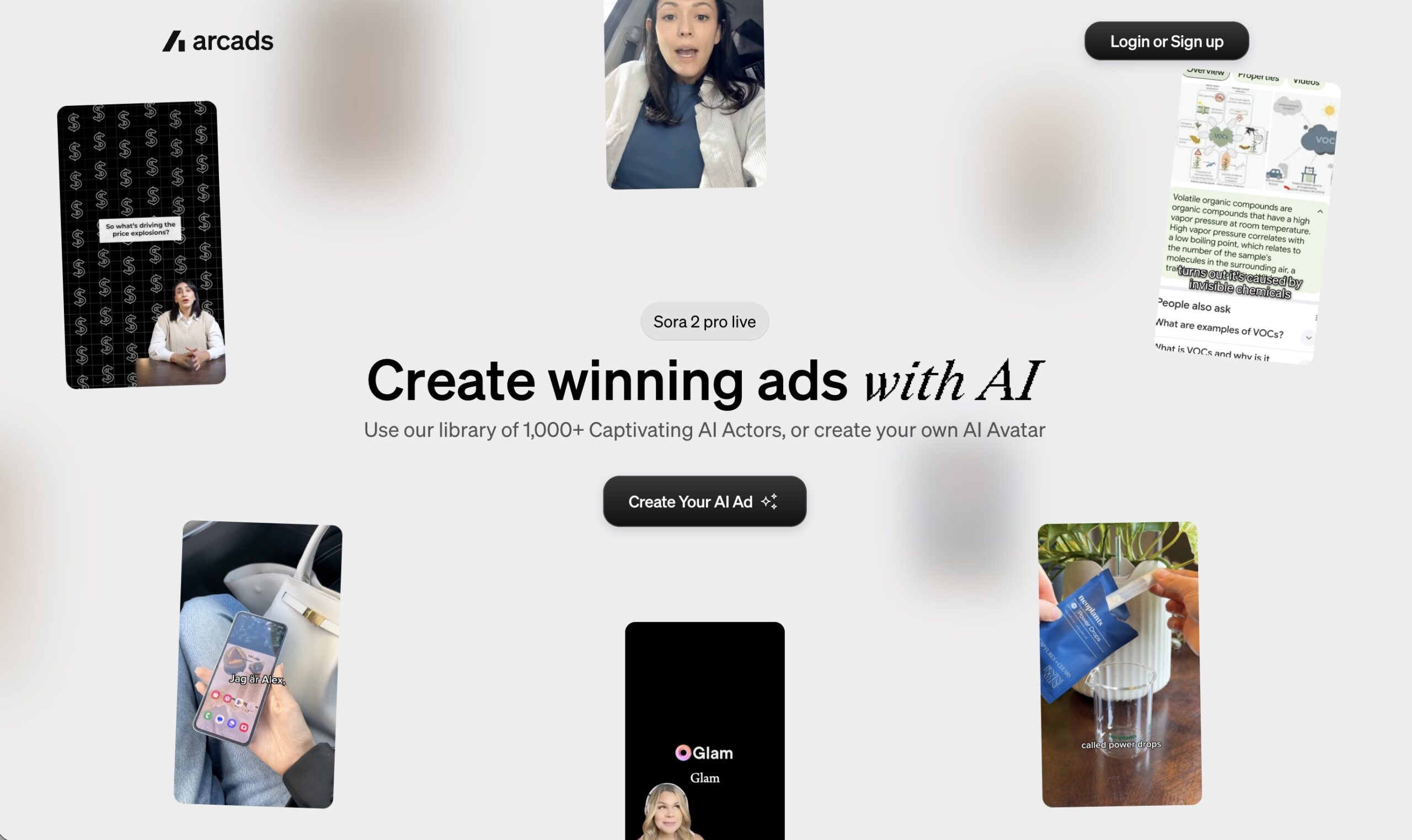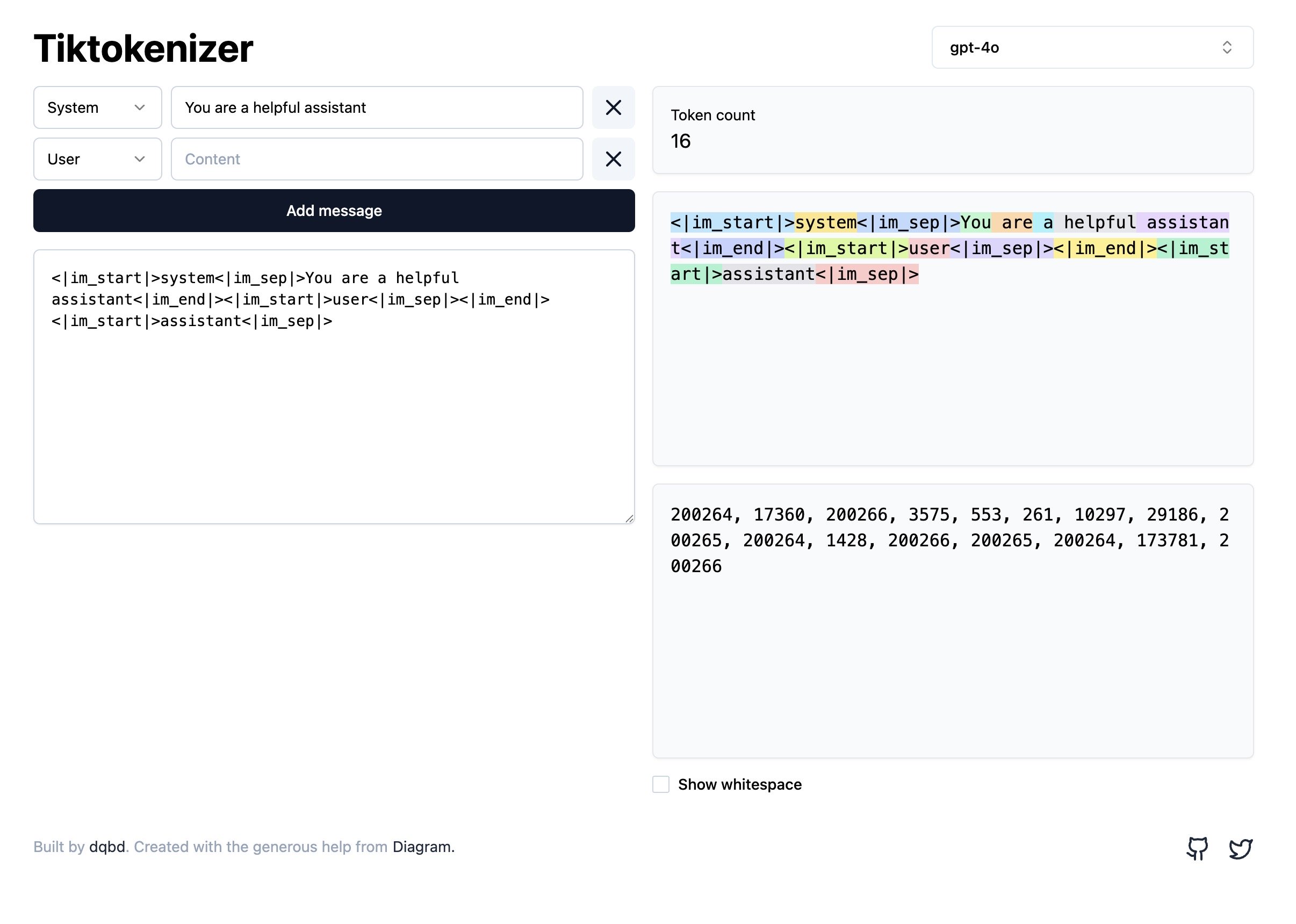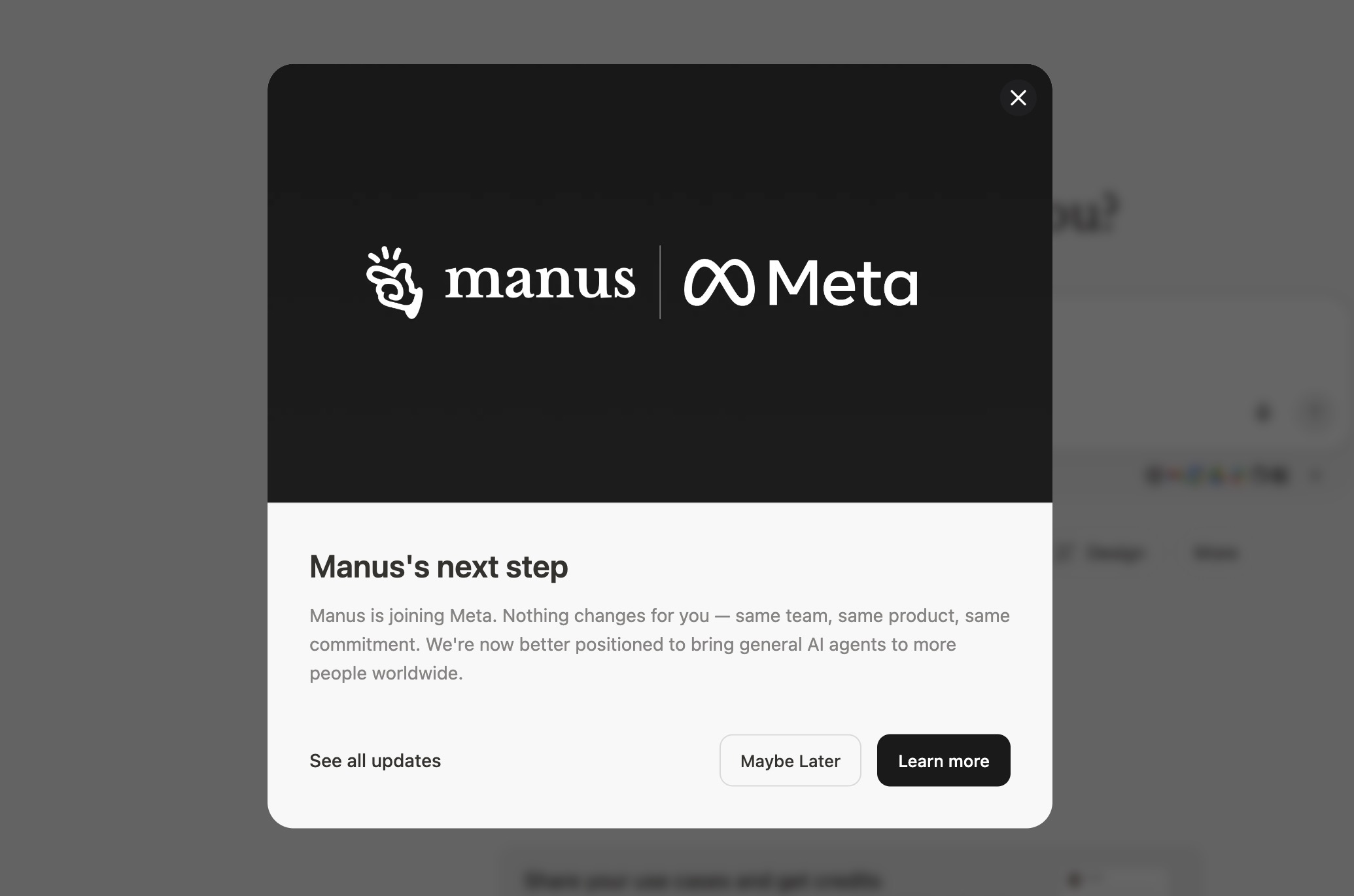In the ever-evolving world of digital marketing, AI in Gamification Marketing stands as a revolutionary approach, blending artificial intelligence (AI) with gaming elements.
This combination aims to create engaging and interactive experiences for users, while simultaneously driving increased engagement and conversion rates for businesses.
AI-powered gamification refers to the incorporation of AI technology into gaming principles applied in a non-gaming context. This integration enables systems to learn from user interactions and subsequently adapt the gaming elements accordingly. The result is a more personalized, engaging, and rewarding user experience.
Diverse gamification concepts form the backbone of this approach. These could range from simple elements such as points, badges, or leaderboards to more complex mechanisms like virtual reality (VR), augmented reality (AR), or immersive storytelling. Each concept serves a specific purpose in motivating users, stimulating their curiosity, fostering competition, or encouraging collaboration.
Understanding these intricate aspects of AI-powered gamification lays the foundation for exploring how this innovative technique can enhance marketing efforts and create transformative user experiences.
AI-Powered Gamification: Enhancing User Experiences
The rise of AI-powered gamification has ushered in a new era of enhanced user experiences, offering valuable opportunities for marketing professionals. A multitude of exciting examples demonstrate how AI can enhance gamification marketing.
Personalizing Badges and Game Points
One key advantage of AI lies in its ability to tailor experiences to the individual user. Through analyzing behavioral data, AI can customize badges and game points, delivering a unique journey for each participant. This level of personalization not only increases engagement but also fosters a deeper emotional connection between the user and the brand.
Adjusting Game Difficulty Levels
AI algorithms have the power to adapt game difficulty levels dynamically, creating an optimal challenge for every player. This fluid adjustment caters to each individual’s skill level, keeping them engaged without overwhelming them or making tasks too easy. It strikes a balance that ensures users remain invested in the game, promoting longer-term engagement.
Targeted Rewards through Data Analysis
AI doesn’t stop at personalizing game elements; it extends its potential to the realm of rewards. By analyzing user data, AI can provide targeted rewards that align with each user’s preferences and behaviors. This level of specificity makes the rewards more appealing and incentivizes further engagement.
The application of these techniques marks an evolutionary step in gamification marketing. They underline the transformative role AI plays in delivering more personalized, engaging, and rewarding experiences for users. The journey through this interactive landscape is just beginning, with each new advancement promising even richer possibilities.
Artificial Intelligence and its Role in Gamification
With the advent of Artificial Intelligence technology, the realm of gamified experiences is taking a leap towards more exciting methodologies. AI’s applications in gamification are diverse and expanding, from personalizing user experience to creating dynamic game environments.
One of the significant ways AI is making waves in gamification is through machine learning. Machine learning algorithms can analyze vast amounts of data and identify patterns that humans might miss. This ability enables AI-driven personalization in games, effectively transforming them into tailored experiences for each user. Personalized game elements like challenges, rewards, or even storylines can dramatically enhance player engagement and satisfaction.
“Machine learning allows games to adapt to individual player behaviors and preferences, ensuring a unique gameplay experience for every user.”
Another intriguing application of AI lies in integrating its capabilities into game design. By leveraging AI algorithms, developers can create dynamic game environments that evolve based on player actions, fostering an immersive experience. For instance, AI could adjust game difficulty levels or narrative progression in response to how players interact with the game. This integration results in enhanced gameplay experiences that are not only engaging but also deeply personal.
To illustrate, consider a platformer game where the level layout changes depending on the player’s skill level. A beginner might encounter fewer obstacles and enemies, while an experienced player could face a more challenging landscape with increased enemy encounters.
“With AI integrated into game design, games become living ecosystems that respond and adapt to players’ actions.”
In such ways, Artificial Intelligence significantly contributes to the transformation of gamification, providing users with unique and enriched experiences. As technology continues to evolve, so will the possibilities for creating compelling games with AI at their core.
AI & Gamification for Digital Marketing Activities
The innovative amalgamation of Artificial Intelligence and Gamification is not confined to enhancing user experiences or improving AI. It has significantly extended its reach towards revolutionizing digital marketing activities, notably in the aspect of assessing job candidates.
A distinct utilization of AI and gamification can be observed in candidate assessments. This process involves the use of game elements, coupled with AI’s predictive analysis, to evaluate a candidate’s skills and behavioral traits. The approach is not just engaging but also yields precise insights about a potential hire, going beyond the conventional assessment methods.
There are tangible benefits associated with using gamification in recruitment processes:
- Engagement: Gamified assessments make the recruitment process more interactive and enjoyable.
- Bias-free: AI algorithms ensure objective results, eliminating unconscious biases.
- In-depth analysis: Detailed insights on candidate’s traits and skills can be obtained.
However, like any technology implementation, there are considerations:
- Cost: Developing custom-made games powered by AI can be expensive.
- Data privacy: Ensuring the privacy and security of candidate data is paramount.
This integration of AI & Gamification into digital marketing activities, particularly recruitment, signifies an exciting shift towards more intelligent and engaging practices that could redefine traditional systems.
Conclusion
We’ve delved into the profound impact of AI on gamification in marketing. It is evident that AI-powered gamification has significantly enhanced user experiences. From personalizing badges and game points to dynamically adjusting game difficulty levels, AI has reshaped the way users interact with games.
In addition, AI’s role in gamification extends beyond improving user experiences. It also includes training AI models through gamified simulations and enhancing algorithms via game-based data collection and analysis.
AI and gamification have even found their way into recruitment processes, offering unique methods for assessing job candidates.
Looking ahead, the fusion of AI and gamification promises exciting possibilities. We anticipate advancements like more refined personalization, more engaging gameplay mechanics, and even more innovative uses in areas such as recruitment and training. The future of AI-driven gamified experiences is bright, full of potential, and waiting to be explored.
The future of AI-driven gamified experiences is indeed bright, full of potential, and waiting to be explored. With the continuous advancements in AI technology, we can expect more refined personalization in gamified experiences. AI algorithms will become even more adept at analyzing user behavior and preferences, allowing for a truly tailored and immersive gameplay experience.
Furthermore, we can anticipate the development of more engaging gameplay mechanics. AI will enable game designers to create dynamic and adaptive gameplay elements that respond to the player’s actions in real-time. This will ensure that each gaming session feels unique and personalized, keeping players fully engaged and invested in the experience.





